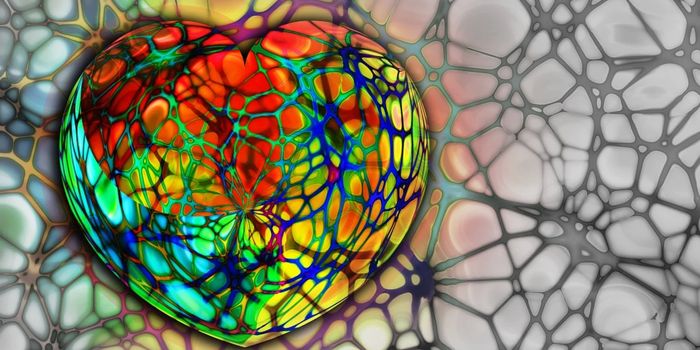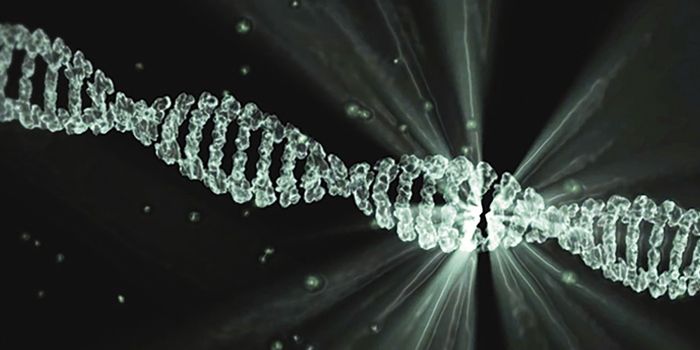Association Study Links 78 Genes to Depression
Scientists performed an association study and found about 80 genes that are linked to depression. This discovery could help show why some people are more likely to develop the condition, and may eventually help researchers are doctors develop better treatment strategies. The work, by investigators at the University of Edinburgh, has been reported in Nature Communications.
Depression typically manifests as a serious loss of interest, hopelessness or sadness. It may also cause fatigue and anxiety among other problems. The World Health Organization has estimated that 300 million people in the world suffer from depression and that at least 800,000 people die every year because of it. Suicide is the second leading cause of death for people aged 15 to 29. There is an obvious interest in learning more about what causes the disease, and how it can be effectively treated.
Researchers looked at information from the UK Biobank, which includes genetic and health data for around half a million people. They selected 300,000 genomes to assess, trying to find regions of the genome that correlated with depression.
In all, 78 genes were found to be significantly associated with what they called “broad depression,” in which people self-reported seeking help for issues with “nerves, anxiety, tension or depression.” They also found five gene sets that were linked to several types of depression. Most of these sets have functions in the nervous system, including in communication between neurons.
They also searched for associations between depression and gene variants, small changes in genes that can have a biological effect. In all, 17 variants were identified. Next, they confirmed them by checking data collected from the consenting consumers of 23andMe’s genetic sequencing services.
"This study identifies genes that potentially increase our risk of depression, adding to the evidence that it is partly a genetic disorder,” said lead author Dr. David Howard, Research Fellow at the University of Edinburgh's Centre for Clinical Brain Sciences. “The findings also provide new clues to the causes of depression and we hope it will narrow down the search for therapies that could help people living with the condition."
"Depression is a common and often severe condition that affects millions of people worldwide,” said Professor Andrew McIntosh. “These new findings help us better understand the causes of depression and show how the UK Biobank study and big data research has helped advance mental health research.”
"We hope that the UK's growing health data research capacity will help us to make major advances in our understanding of depression in coming years,” concluded McIntosh, who leads the Edinburgh-based research group.
The above video features a talk by Jonathan Flint, MD of UCLA on the genetics of depression and personality.
Sources: AAAS/Eurekalert! Via University of Edinburgh, Mayo Clinic, WHO, Nature Communications









